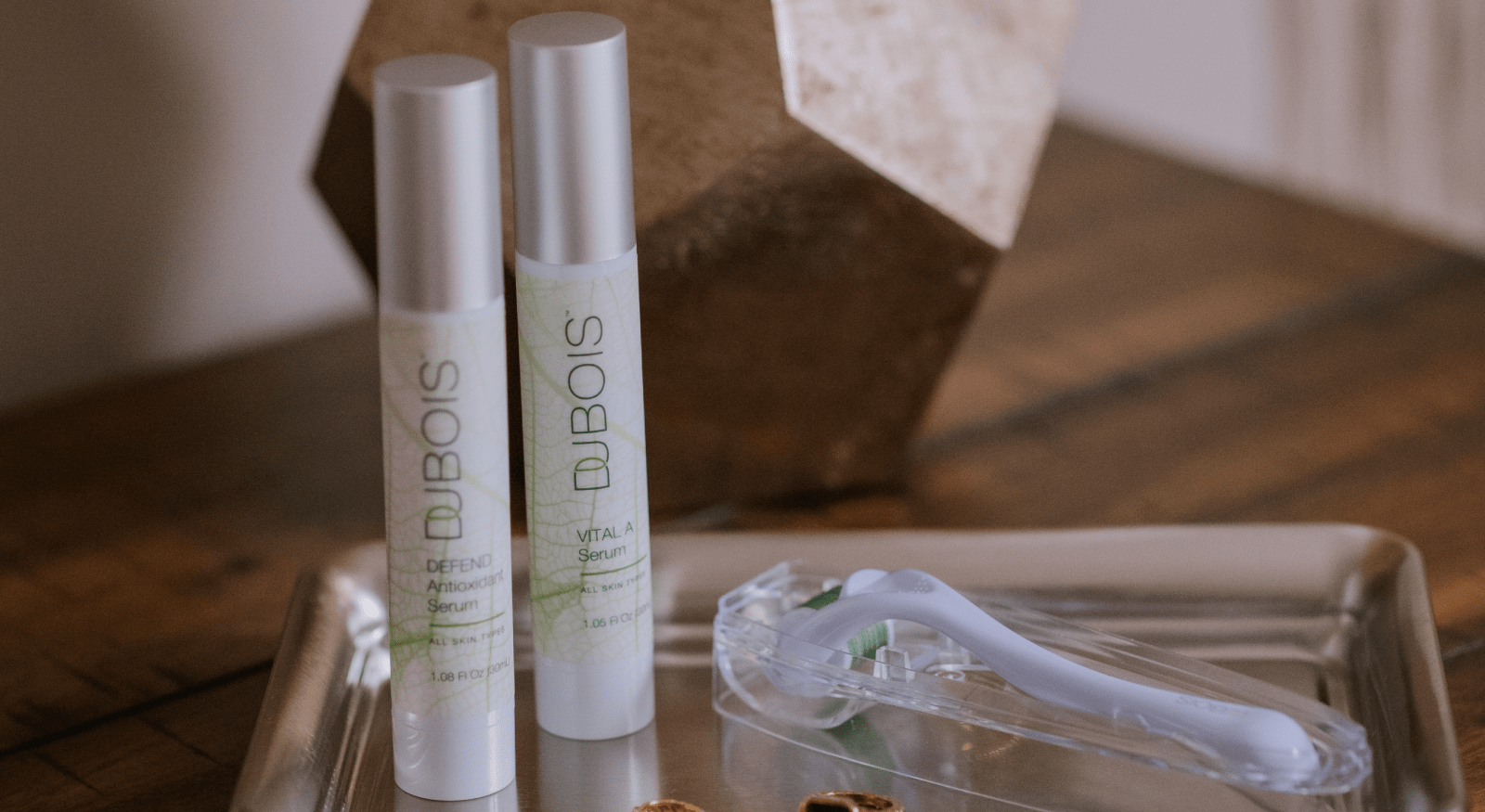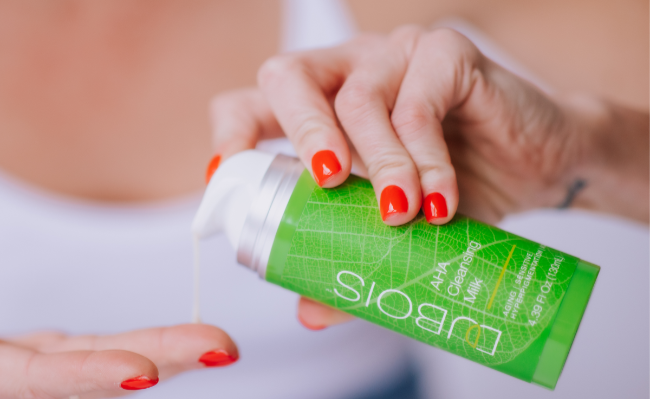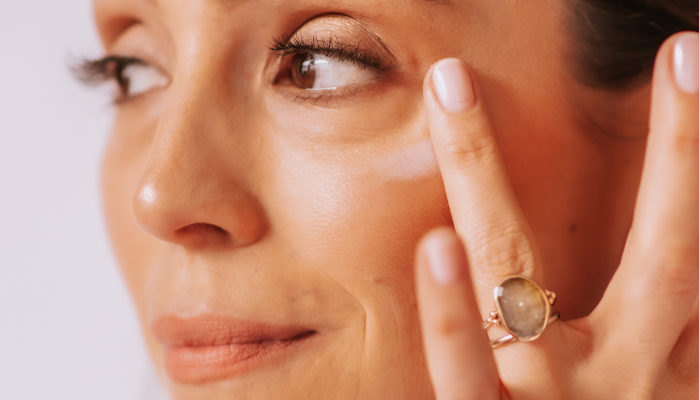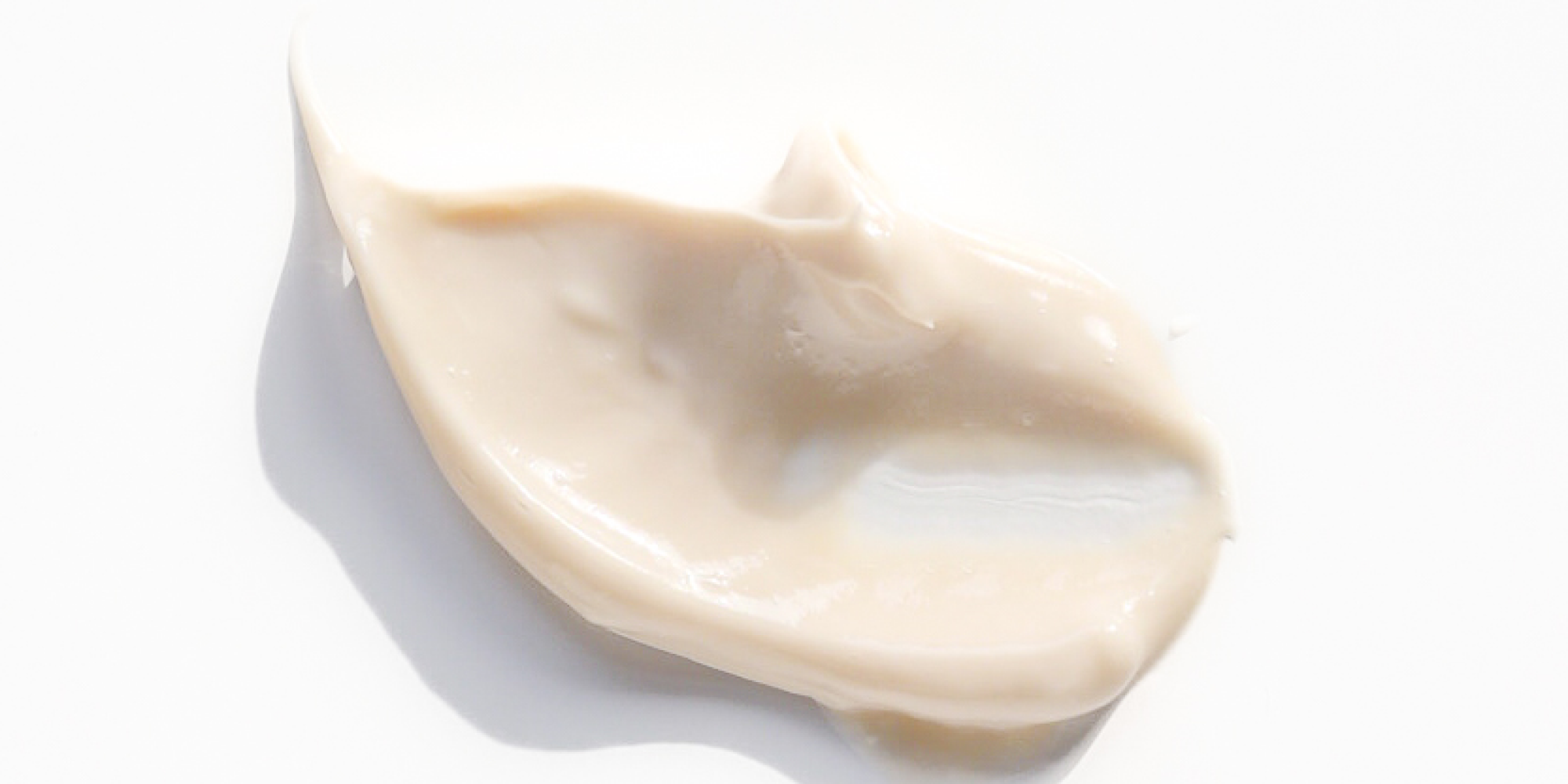
Vitamin A for Healthier Skin
How Does Vitamin A Work to Support Healthier Skin?
Vitamin A naturally occurs in plant and animal products. Doctors recommend eating diets high in Vitamin A which has been proven to support healthy vision, immune health, reproduction, growth and development. It also helps our organs function properly, including the lungs, kidneys, skin and heart.
For topical use, Vitamin A is sold in the form of retinol. Retinol is an active form of Vitamin A used in skin care products and it works by improving the appearance of fine lines, wrinkles and photodamaged skin. Retinol supports cell growth which improves how your skin barrier works: protecting your skin from harmful external stressors. This also helps your skin retain moisture, making your skin smoother, plumper, and firmer.
Topical Vitamin A is most often found in the form of serums which benefit your skin by thickening the dermis - where collagen, elastin and blood vessels are located. While retinols have been on the market for a while, some forms are harsh, leading to skin irritation and inflammation.
What’s the difference between Retinol and Retinoids?
Retinol is a slightly milder class of retinoids, often sold over the counter, which is a better choice for those with sensitive skin. Because it is slightly milder than other retinoids, results may also take slightly longer to appear when using retinol. Still, given the possible harsh side effects of some retinoids on some skin types, retinol may be a gentler choice.
Additionally, dermatologists recommend skipping your daily Vitamin A topical application on days where you are exposed to excessive sun or wind, as the combination can increase the chances of skin irritation.
Vitamin A is the “Gold Standard”
Despite the possible side effects, Vitamin A is still touted by many dermatologists and aestheticians as the “gold standard” of skin care. If you’re interested in adding Vitamin A into your skin care routine, start with our clean green Vital A Serum, specially formulated by Denise Dubois to address visible signs of photo-aging like hyperpigmentation, fine lines, wrinkles, and enlarged pores.






